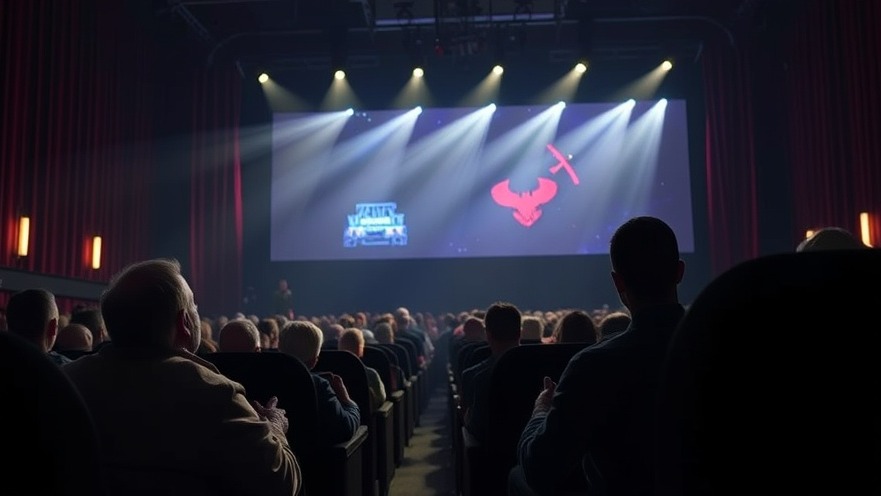
Superman: A Cultural Icon Reimagined
Superman's latest cinematic portrayal has sparked a lively debate among fans and critics alike, focusing not just on his superhuman abilities but on the politics interwoven with his character. The new film positions Superman as not just a savior of humanity, but as an entity that represents the broader themes of immigration, diversity, and social justice. This evolution requires us to rethink our understanding of Superman's place in pop culture and the message it conveys to audiences old and new.
Superman and Social Commentary
Superhero movies have always been a reflection of societal values, and the new Superman film exemplifies this by addressing contemporary issues through the lens of a beloved character. The portrayal of Superman as an immigrant mirrors the experiences of countless individuals today, resonating deeply with audiences who may feel marginalized or unheard. By choosing to highlight these themes, the film provides an opportunity for viewers to engage with critical social issues while enjoying the superhero genre.
The Push for Inclusion in Media
The concept of 'wokeness' in film often faces backlash, particularly from those who feel that it detracts from entertainment. However, this evolution aligns with a growing demand for representation in media. With an increasing number of diverse characters and storylines emerging, films now serve as platforms for discussions about race, gender, and identity. The Superman franchise’s shift towards inclusivity can potentially empower younger generations, encouraging them to become more aware of and active in social justice.
Contrasting Views: Entertainment vs. Activism
While many celebrate the new direction in the Superman narrative, others argue that such political undertones can compromise the essence of what makes superhero films enjoyable. Some fans contend that movies should primarily serve to entertain rather than educate, fearing that overt social messages might alienate traditional audiences. This tension illustrates a critical crossroads for filmmakers: how to balance engaging narratives with responsible storytelling that reflects our realities.
Future Insights: The Evolution of Our Heroes
Looking ahead, it is essential to acknowledge that the portrayal of superheroes will continue to evolve as society changes. As issues of race, immigration, and social justice become increasingly significant, superheroes like Superman will likely evolve to address these themes. Filmmakers may need to navigate these issues delicately, aiming to balance entertainment with a commitment to portraying the complexities of modern life.
Conclusion: Embracing Complexity in Cinema
The new Superman film not only signifies a shift in storytelling but also invites us to reflect on the moral responsibilities of media creators. As viewers, we can appreciate the nuances of these narratives while recognizing their broader implications on our understanding of identity and society. Embracing the complexities of our cultural icons like Superman can lead to richer discussions about who we are and who we aspire to be.
 Add Row
Add Row  Add
Add 




Write A Comment